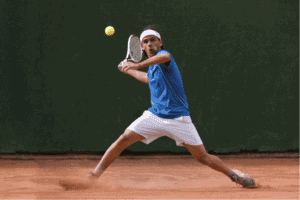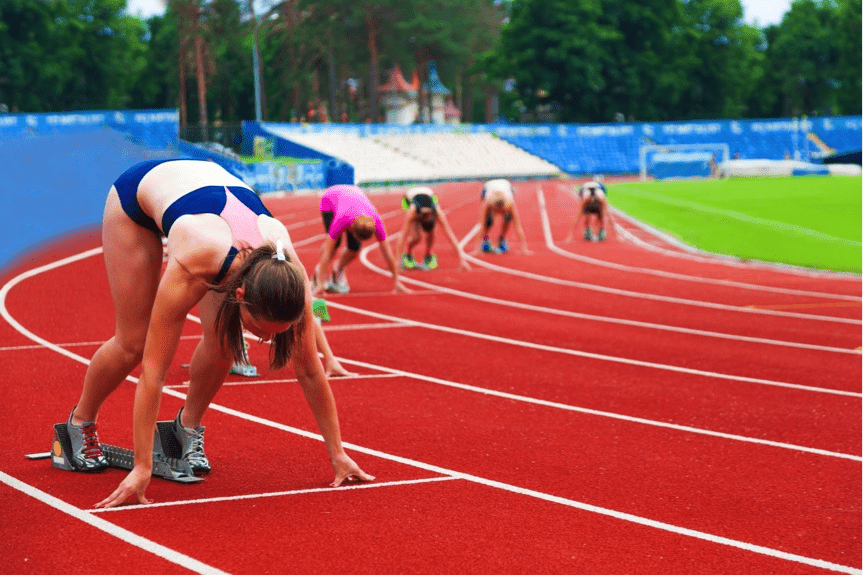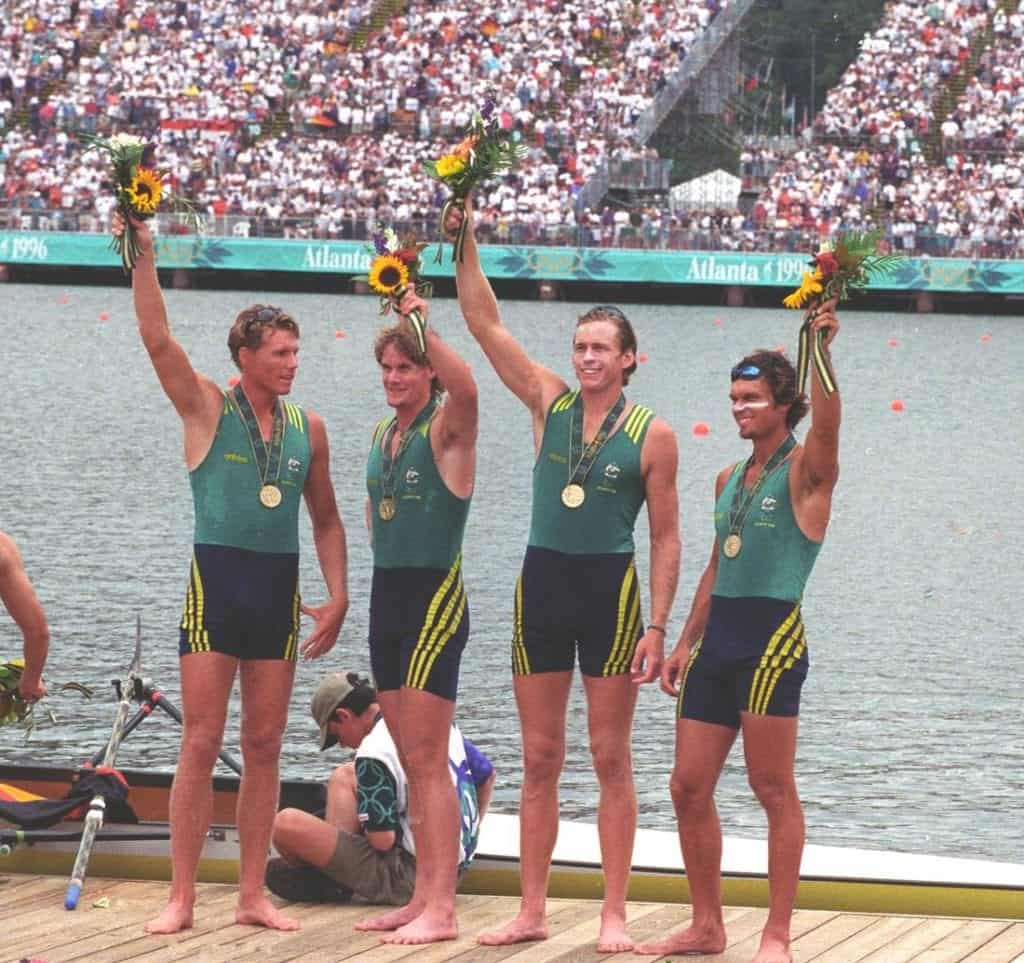By Bo Hanson 4x Olympian and International Coaching Consultant
 Whether you have been coaching for years or decades you will know the struggle of week-to-week athlete up and downs. Often this fluctuation in performance is attributed to confidence, but is confidence the answer to getting consistent athlete performance?
Whether you have been coaching for years or decades you will know the struggle of week-to-week athlete up and downs. Often this fluctuation in performance is attributed to confidence, but is confidence the answer to getting consistent athlete performance?
What if I told you it wasn’t confidence that needed development to reach consistent performance? As a Coach you have to reframe the issue. Stop thinking about building athlete confidence, it is far more effective to look towards how you can build an athlete’s self-belief in their competencies.
The Problem with Athlete Confidence
Now you are probably asking, why? What’s the difference? Confidence is an emotion. Everyone knows their emotions can change depending on the situation. While some elite athletes have mastered their emotions to the point where they can switch into competition-mode at will, this is not the reality for most athletes. Having an athlete just hoping that their confidence will be high during a game is not a recipe for success. Athletes and coaches are better off letting their competence inspire self-belief rather than relying on self-confidence.
What is Competence?
Unlike Confidence which is an emotion, Competence is a skill. We all have varying levels of competence in our ability to perform in our chosen tasks, activities and sport. Competence is something that develops over time. Most importantly; competence is something that we have 100% control over.
The fact that you can completely control your competence is what makes competence different from confidence and self-belief. But the reality is having self-belief in your competence needs to be developed.
Self-belief in your competence = consistent performance.
Self-belief Relies on Evidence
A belief in anything generally comes from an acknowledgement of concrete evidence – something that has occurred in the past to convince you that the same outcome will be produced in the future. In a sporting sense, this might be a great day at training or exceptional statistics the athlete might have produced on the field or court.
If you can get your athletes to ask themselves what evidence they can provide as to why they will be successful in the next match, month or season, they will be repeatedly reminded of reasons as to why they should believe in their abilities going forward. This is considerably more effective than relying on the emotional state of your players.
Strategies to Develop Athlete Self-Belief
 Like most of our work, developing self-belief is based around a series of projects where athletes become more conscious of what creates certain outcome. Like going to the gym to build muscle, you cannot go once, and then never revisit it. You have to constantly enhance the athlete’s level of belief in their abilities. It’s an activity athletes have to visit often so that they can feel, with absolute certainty that they have critical and concrete reasons as to why they should believe in their own competencies.
Like most of our work, developing self-belief is based around a series of projects where athletes become more conscious of what creates certain outcome. Like going to the gym to build muscle, you cannot go once, and then never revisit it. You have to constantly enhance the athlete’s level of belief in their abilities. It’s an activity athletes have to visit often so that they can feel, with absolute certainty that they have critical and concrete reasons as to why they should believe in their own competencies.
The specific activity that we get our clients to do is to ask the athletes on the team to talk about why they believe in their team members
For example if one of the particular athletes was struggling with their self-belief, ask the rest of the team, “Can you give me some reasons as to why you believe in this particular person?”
When the answers are given, it is important to emphasize that this belief came from evidence, events and behaviors that other members of the team had seen that athlete perform.
When someone else believes in you, it’s a lot easier to believe in yourself.
This is just one of the many ways we work with our clients on developing athlete self-belief. At Athlete Assessments we’re here to provide you with excellence in service and to help you be your best. If there is anything we can do to be of service, including if you have any questions about this article don’t hesitate to contact us.
If you enjoyed this article you may also enjoy our articles on.




